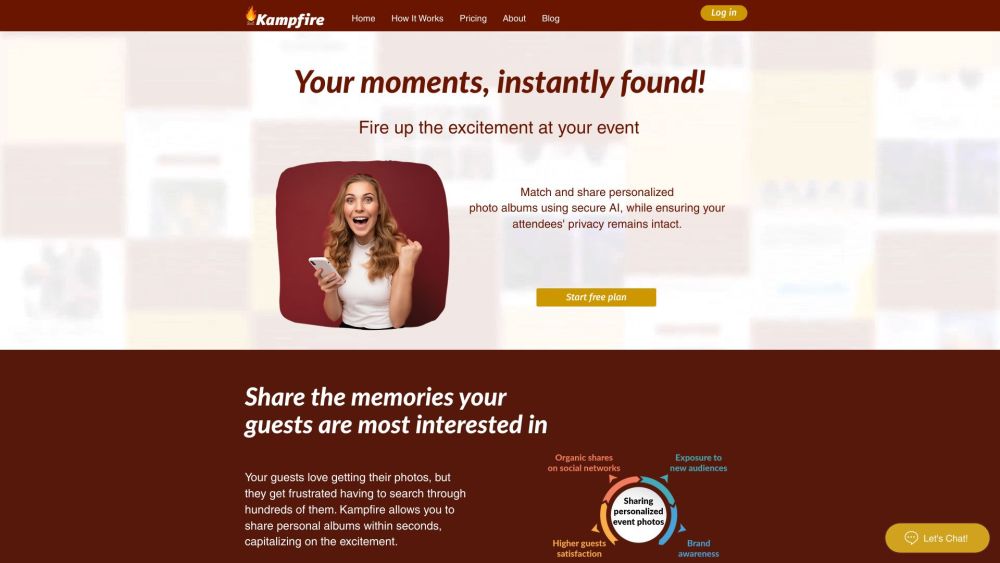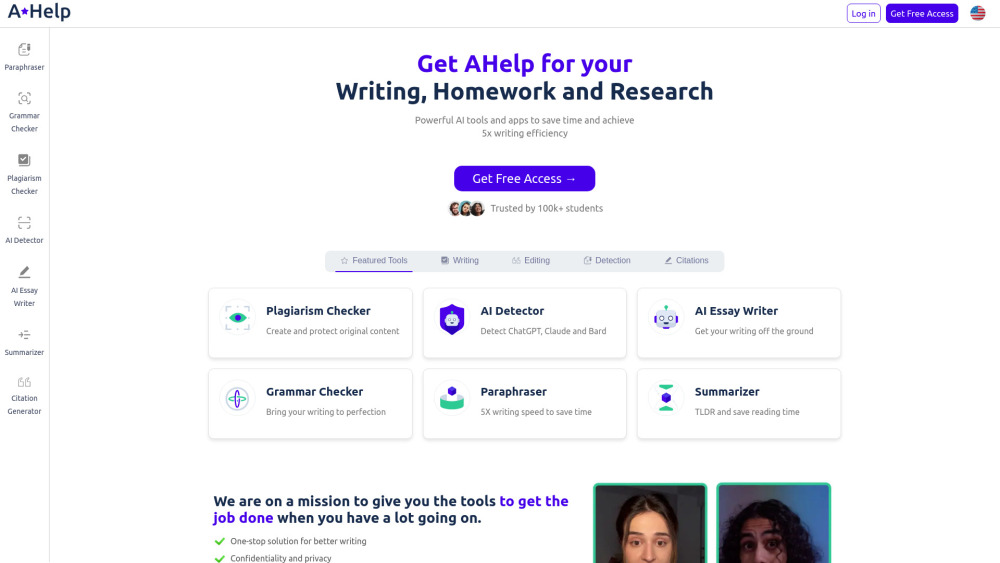The power of AI is transforming various sectors, particularly the highly regulated healthcare industry. London-based Huma, a health-tech company specializing in digital-first care delivery and medical research, has launched an AI-driven cloud platform designed to help startups prototype, launch, and scale regulated digital health applications, including those enhanced with AI.
Users of the Huma Cloud Platform gain access to diverse tools, with the standout feature being a generative AI-powered builder that converts text prompts into functional applications in minutes.
Huma’s platform is currently utilized by several startups and major pharmaceutical companies. The company has recently secured $80 million in Series D funding to expand the platform’s capabilities and reach.
“We aim to accelerate the adoption of digital and AI in care and research by simplifying the development of digital health solutions. We envision the Huma Cloud Platform as the Shopify of digital health, making these technologies accessible to both affluent and underserved populations while transitioning medicine from reactive to proactive,” said Dan Vahdat, founder and CEO of Huma.
Configurable Healthcare Systems
Founded in 2011 as Medopad, Huma has evolved to provide healthcare organizations and pharmaceutical firms with digital solutions that enhance care delivery and research. Over the past decade, they've developed a modular and configurable platform that supports various healthcare applications, including remote patient monitoring, therapy, and decentralized clinical trials.
Vahdat highlighted that leveraging the same core technology for customer applications minimizes the challenges of point solutions that require significant time and financial investments. Additionally, the platform has received approval from global regulators, including the FDA, ensuring any app built is compliant for medical use.
Recognizing that not all healthcare companies want to hire partners for app development, Huma designed the new Cloud Platform to enable in-house app creation in just a few days.
Built on regulated and adaptable technology, Huma Cloud empowers organizations to create custom digital health apps using a wide array of widgets, modules, templates, and disease management tools through simple drag-and-drop functionality. Users can easily integrate device connectivity and APIs to bring their projects to life.
For those preferring a more automated approach, the platform also features a generative AI builder that activates the aforementioned elements based on user-provided text prompts.
For example, to create an asthma monitoring app, users simply input this prompt, and the platform’s algorithms will seamlessly combine the necessary modules and elements to get started. Users can then customize their app further before deployment.
Huma Cloud’s Generative AI Builder
While Vahdat didn't disclose the specifics of the models used, he noted collaborations with partners like Google to develop a comprehensive library of models over the years. Users of Huma Cloud can apply these models, including third-party options, to create varied care experiences for their end-users.
“We also employ generative AI to assist clinical teams in efficiently reviewing patient data. For instance, our '10x Nurse' feature enables care teams to monitor more patients by generating automated health status summaries and tailored messages for patients, all of which must be reviewed by a clinician,” he explained.
Availability to Select Customers
Since its inception, Huma’s modular platform has supported projects for over 3,000 hospitals and clinics, along with most of the top 20 pharmaceutical companies, engaging more than 35 million people in over 70 countries. With the introduction of the new Cloud Platform enabling organizations to develop their own apps, Huma anticipates even greater scalability.
“Beyond large healthcare and life sciences organizations, we aim to support a new generation of digital health startups by providing tools through Huma Cloud that allow them to prototype, launch, and scale regulated digital health apps to meet their business objectives,” Vahdat remarked.
Currently, Huma Cloud is available to a select number of startups and pharmaceutical firms on a subscription or consumption-based pricing model. The CEO indicated plans for expanded beta access in the coming months, with the company reviewing applications from interested parties on a waitlist.
“Huma currently onboards these customers by providing training on the Huma Cloud Platform, after which enterprise users gain administrative access. Thanks to the platform's code-free design, a technical background is unnecessary. Users can rapidly prototype solutions and create live demo versions via QR codes in seconds. Once aligned, a straightforward pathway allows Huma Cloud users to onboard patients and clinicians,” he added.
The recent funding will further support the expansion of Huma Cloud and enhance its features, driven by strategic acquisitions and investments in the digital health sector. Overall, the funding round has brought Huma's total capital raised to over $300 million.
Though other solutions, such as the recently launched AWS App Studio, also leverage generative AI to streamline application development, Huma differentiates itself with its healthcare-focused design and global regulatory approvals. It will be fascinating to observe how healthcare companies adopt this innovative technology in light of longstanding concerns regarding AI integration in the sector.





